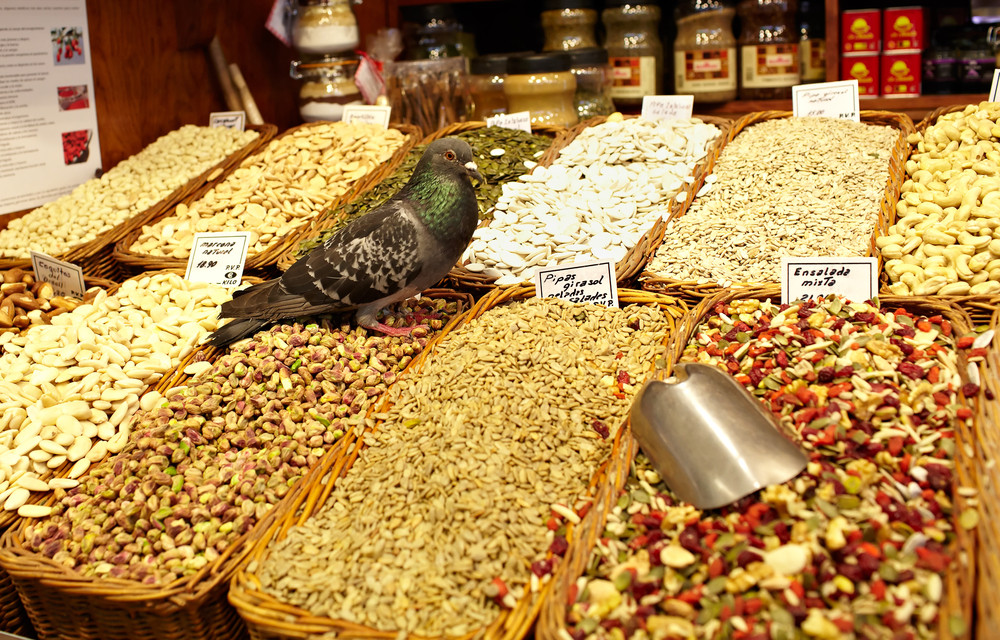Your local grocery store is packed to the brim with food varieties. It can sometimes be difficult to spot good stuff from the bad. Yet, there are many ways to decide what grocery products are good for you and your family and what are not.
1. Setup a List Before You Go
Making a list is one of the best ways to do your grocery shopping without overspending or zoning into food items and snacks that may not be good for your diet. Experts suggest tailor-making your list around what you’ll cook for the week and then purchasing those contents. You will save time at the shop and know exactly what to make each day without having to go back for a missed ingredient.
2. Spruce up Your Kitchen With Living Plants
Adding nature into your home is sure to brighten your mood. You can pick up herbs from the local health store and plant them to use in your foods. So, add fresh herbs and plants to your grocery list and enjoy the upbeat feelings of nature in your space. Now you, too, can be proud of your homegrown herbs. Statistics show that 73% of shoppers now appreciate flowers more. This percentage is a significant increase in appreciation compared to 2009.
3. Go With Nutritional Labels
Some items may not display everything on the label, but you can check your grocery shopping items that have labels and add them to the list instead. Purchasing healthier foods, such as Bourbon Vanilla, is good for your mental and well-being, allowing you to get a balanced and nutritional diet with every meal you make for yourself and your family.
4. Shop for Healthy Snacks
Add some snacks, but not just any snacks; add healthy variations to your grocery must-haves. Sugar-laden treats over time can wreak havoc on the enamel of the teeth, later causing tooth decay and tooth loss. There are around 36% of the U.S. population with dental anxiety. Even when you are eating less sugar and teeth-harming food, you may still need to visit the dentist regularly. Speak to your local dentist about your anxieties, and together, you will work on a management solution to help you get the dental work you need without fear related.
5. Eat Before Going to the Shops
Before heading off to get your groceries, bear in mind all the extra foods and snacks you might be tempted to buy because you could get hungry. It’s true, walking around and spending hours at the store will burn calories, making you hungry. If you eat before heading out, you won’t feel inclined to buy extra food and, as a result, save some extra cash.
6. Select What’s In-Season
Foods that are in season tend to be less hard to source and, thus, sell at a better price point. When you purchase out of season, it’s more likely you’re going to spend more. Check that the menu you’re making for the week has all the in-season food so you can source the grocery selections at the health food shop.
Some foods are known to have a negative reaction to the gums and may cause blistering because of acidity levels. According to NHS Information, blisters can take about three to seven days to heal, with each patient being different and some healing faster than others. Some foods may cause blisters in your mouth, and you may need to avoid certain foods or take treatment precautions to help heal your mouth.
7. Convenient Pre-Cooked Foods
Time can be of the essence when you’re a busy parent juggling work, kids, and day-to-day aspects. Opting for healthy fresh ingredients that are pre-chopped and precooked can really help cut the time spent on prepping meals.
Use these excellent tips to help you on your next grocery run at your nearest health food store.


